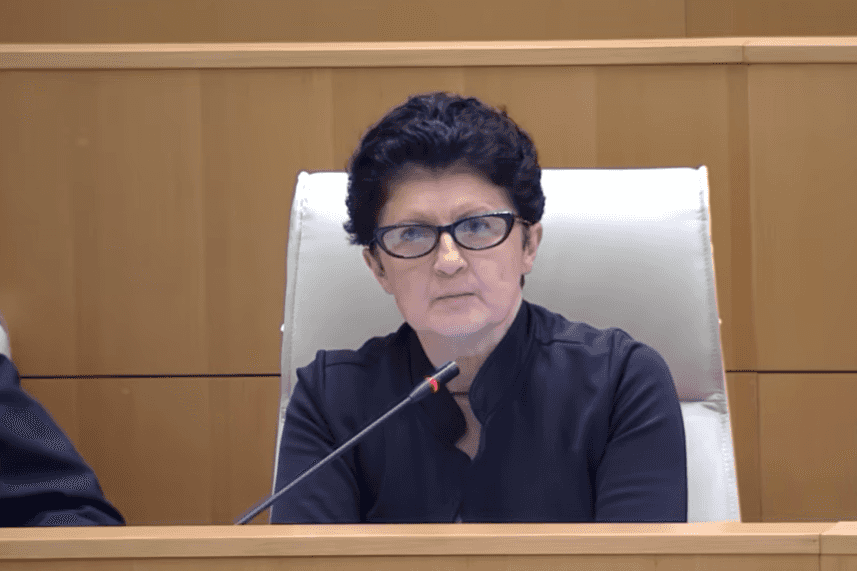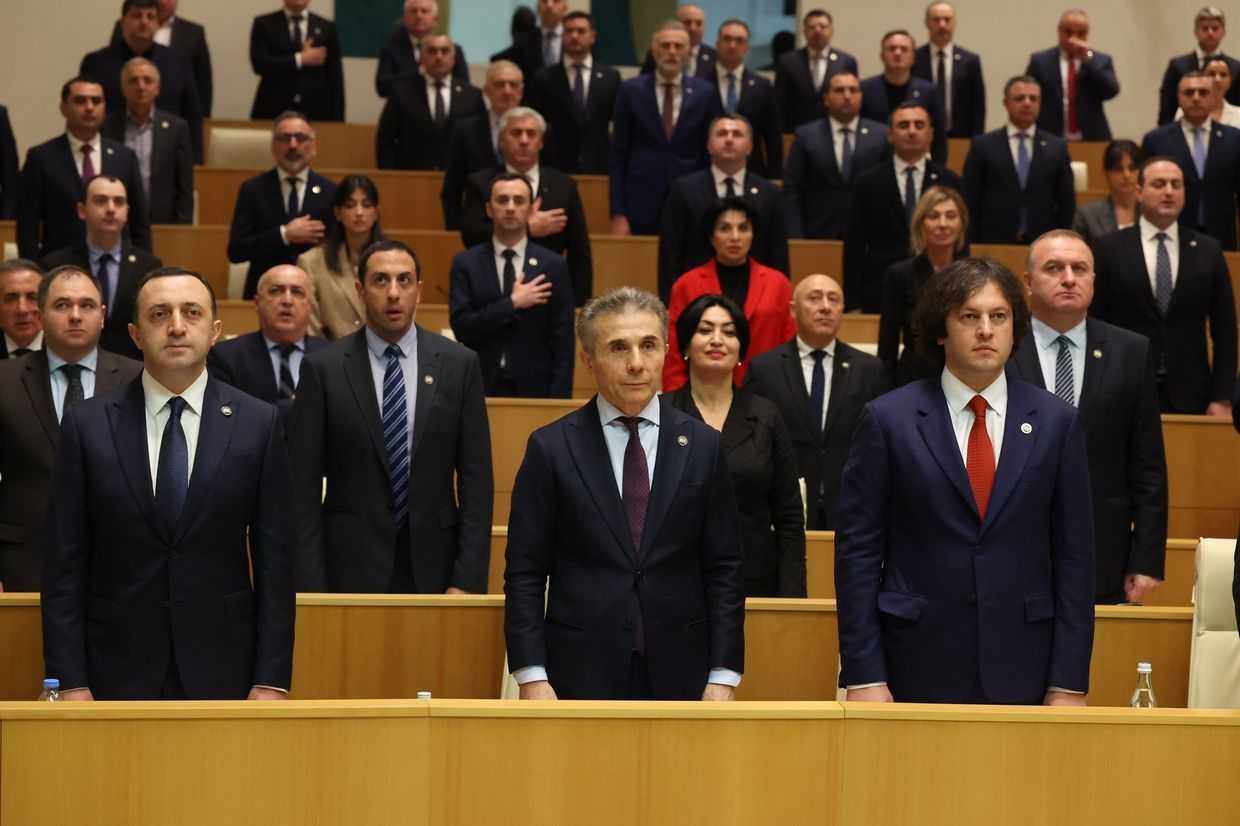
The Georgian government has begun registering organisations as foreign agents in its public registry, two months after launching the online registration portal.
The Ministry of Justice added five organisations to the database on Monday, with at least six more being added on Tuesday.
The first five were the Ukrainian Youth Organisation of Georgia-Svitanok, the Professional Union of Farmers and Agricultural Workers of Georgia, the Kutaisi Youth Home, the Union of Christians, and the Jewish Cultural and Educational Fund.
The Public Registry told media that it was adding organisations to the database on a rolling basis.
Organisations ‘carrying out the interests of a foreign power’ have been obliged to register in the government’s online database since the beginning of September. The registration requires extremely comprehensive forms detailing organisations’ funding and assets.
[Read more: OC Media refuses to register as ‘foreign agent’ in Georgia as government deadline passes]
In early September, Deputy Justice Minister Tamar Tkeshelashvili stated that only 476 organisations had filed a request to register out of 30,000 non-governmental and media organisations operating in the country.
The controversial foreign agent law labels any civil society or media organisation that receives at least 20% of its funding from abroad ‘organisations carrying out the interests of a foreign power’. The organisations would be subject to monitoring every six months, which lawyers have warned could include forcing them to hand over internal communications and confidential sources. Organisations that do not comply would be subject to large fines.
Critics of the law have dubbed it the ‘Russian law’ due to its similarity to Russian legislation used to stifle dissent and crush civil society in Russia.
It was met with nearly two months of massive street protests after the ruling Georgian Dream party reintroduced it in April, during which riot police deployed water cannons, pepper spray, and tear gas to disperse the thousands demonstrating against the law.
As the law was being discussed in parliament in May, Saba Brachveli, a lawyer from the Tbilisi-based Civil Society Foundation, warned that the law was edited prior to its final vote to allow the authorities to fine individuals as well as organisations for failing to provide confidential information to the authorities.
On Monday, the Public Defender’s Office of Georgia stated that foreign agent organisations were no longer obliged to divulge the personal information of their employees or beneficiaries. They said that the Ministry of Justice took their recommendation to do so into account.







